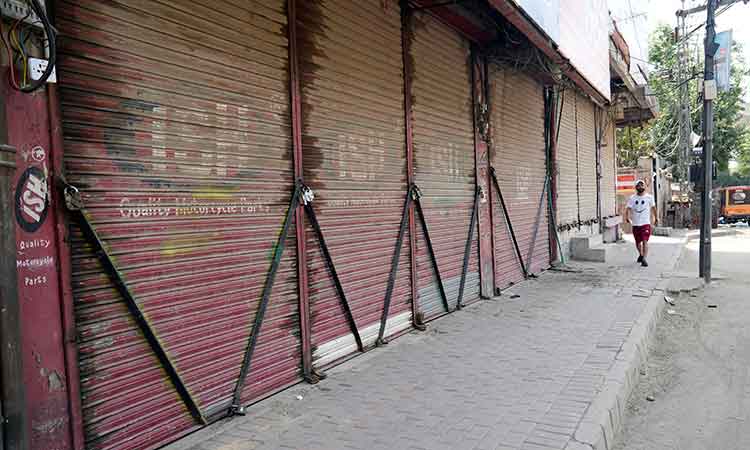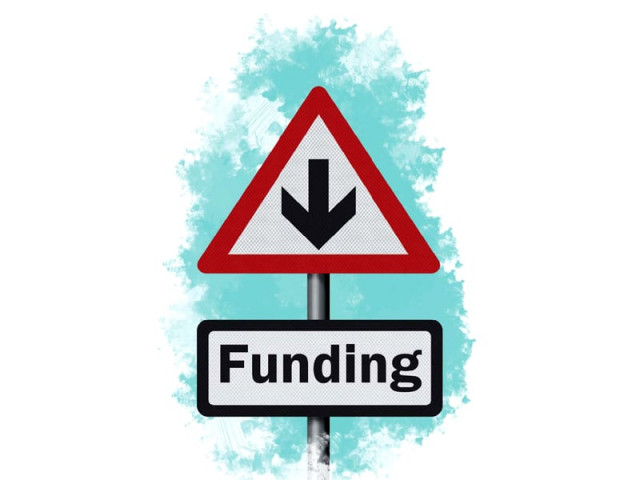Nationwide Strike by Traders: A Response to High Electricity Bills and New Taxes
Trader organizations across Pakistan are observing a nationwide strike today in protest against high electricity bills and recent tax increases. This action has led to the closure of business centers from Karachi to Khyber, with schools in several cities also shutting down in anticipation of the strike.
Political Endorsements and Support
Political parties, including Jamaat-e-Islami (JI) and Jamiat Ulema-e-Islam (JUI-F), have publicly supported the strike. JI Emir Hafiz Naeemur Rehman has expressed confidence that the strike will be successful from Chitral to Karachi. He criticized the government’s business-friendly policies, arguing that they benefit only certain businessmen and do not serve the community’s or public’s interests.
READ MORE: PTA Blocks Thousands of Illegal Sites and Apps
Earlier, JI had ended a two-week sit-in in Rawalpindi after reaching an agreement with the federal government. The deal promised a review of electricity prices and independent power producer (IPP) contracts within 45 days. The scrutiny of IPP agreements has been prompted by recent spikes in electricity bills.
JUI-F Chief Maulana Fazlur Rehman has also endorsed the strike, condemning the government’s handling of inflation and taxes. He accused the IMF-influenced budget of worsening the public’s living conditions and called on his party’s business forums to participate actively in the protest.
Strike Details and Reactions
In Islamabad, authorities have preemptively blocked roads leading to the Red Zone with containers in preparation for potential protests.
In Lahore, trader organizations are divided, with one faction supporting the strike and the other opposing it. Javed Shams, President of the Karachi Traders Association, has confirmed a complete strike, criticizing political leadership for their handling of economic issues.
The president of the All Pakistan Traders Association Sindh has declared full support for the strike, asserting that businesses across Sindh will remain closed in protest of increased taxes and electricity bills. Similarly, Muhammad Rizwan, President of the Karachi Electronics Dealers Association, stated that if their demands are not met, the strike might be extended.
Atiq Mir, President of the All Karachi Traders Alliance, framed the strike as a broader citizen protest against inflation, not just a traders’ issue.
In Peshawar, trader unions have closed markets and are demanding the reversal of the electricity price hike and tax reductions.
Government Stance
Prime Minister Shehbaz Sharif’s Coordinator, Rana Ehsan Afzal, has affirmed that the government will not be swayed by the traders’ demands. He emphasized that retailers will have to comply with tax regulations. Although the Federal Board of Revenue (FBR) is open to negotiations, Afzal made it clear that the government remains committed to restructuring the FBR and integrating the retail sector into the tax system.



